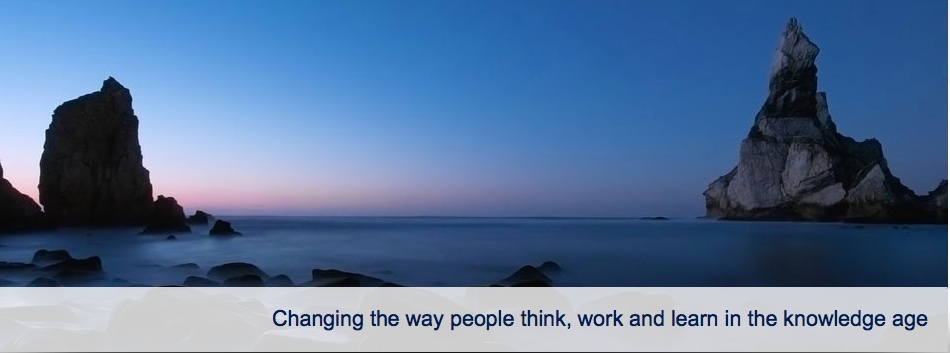This is a re-post of a comment I contributed to a discussion around MOOCs stemming from the recent NYT article: Online Courses Fuel a Campus Debate
"I am not surprised to see a backlash against MOOCs as they represent a
threat to the status quo and signal a change in the way people are
starting to think about education. MOOCS (at least good ones) are the
embodiment of authentic, student centred learning in the context of the
global classroom.
I have had many discussions over the past year with academics who have a
very negative view of the trend towards MOOCs - but what I find
interesting is that none of the folks I have spoken with who hold this
view had ever taken or taught in one of these courses.
While MOOCs may indeed threaten traditional elements of higher Ed - e.g.
Tenureship, status, the importance of degrees etc., they also provide
an answer to many issues facing Education e.g. Escalating tuition costs,
accessibility, social economic inequality, student debt and high
percentage of student loan defaults and the need for just in time, as
needed, ubiquitous learning to keep pace with exponential change.
MOOCs will challenge our thinking about Education in a number of ways:
1. Purpose of 21st C Education - is it about the degree or about the
knowledge? Is it about addressing the gap between theory and practice?
Is it about getting a job and being a productive member of society? Or
is it about self actualization?
2. Role of the teacher - a purveyor of knowledge or an expert participant in the learning process?
3. Role of the student - Is the student the driver of the learning or the passenger?
4. Content vs. Context - is it the role of universities to provide
content or is it to provide learning context around the content?
5. Models of Assessment - How will we assess learning? Is this the
responsibility of the teacher/instructor/Professor or the students
themselves? are tests, papers etc. the best methods of assessment or (in the case of MOOCs) is it the value of an individuals contribution to
advancing the knowledge of the entire community of learners?
6. Role of the Private Sector - does involving the private sector in
partnership with academic institutions result in a better educational
experience for students?
These are all important questions to be discussed and considered by
educators and educational institutions as well as for members of the
public. MOOCs are the catalyst for debate and discussion and for this
reason alone they have great value.
...and in case you are wondering I have taught and taken part in MOOCs
and found the experience to be both challenging and rewarding"


No comments:
Post a Comment